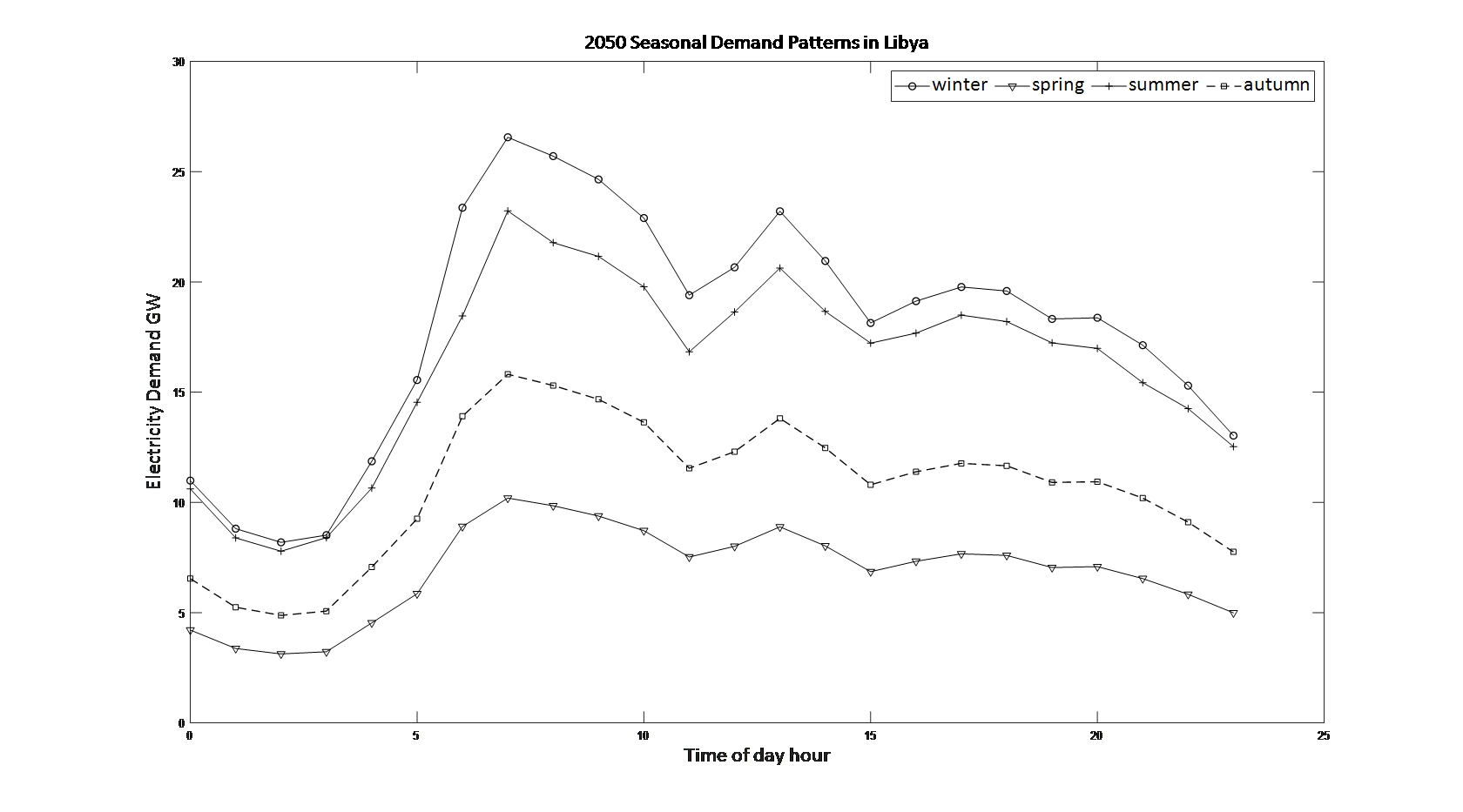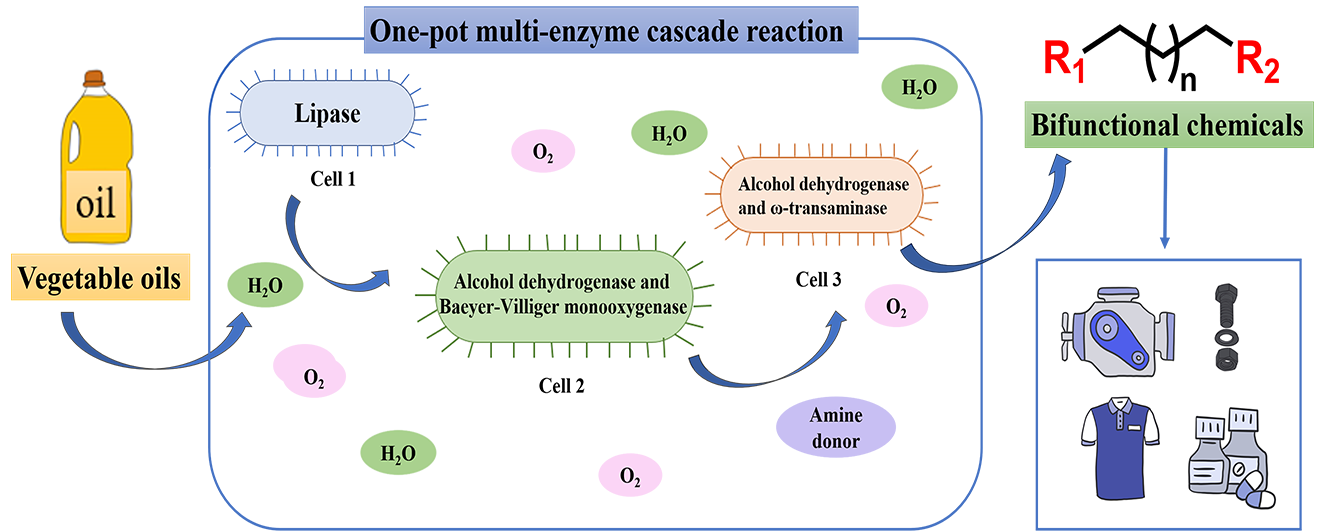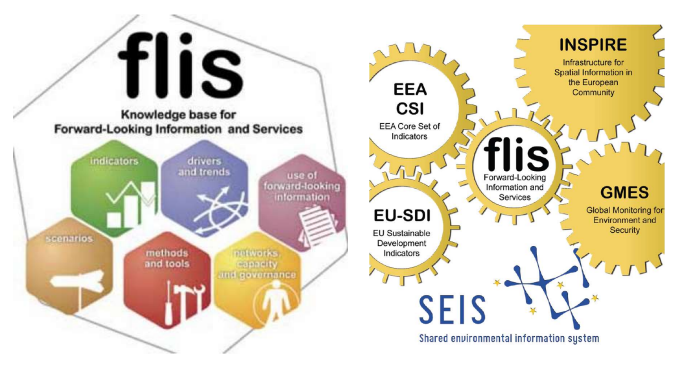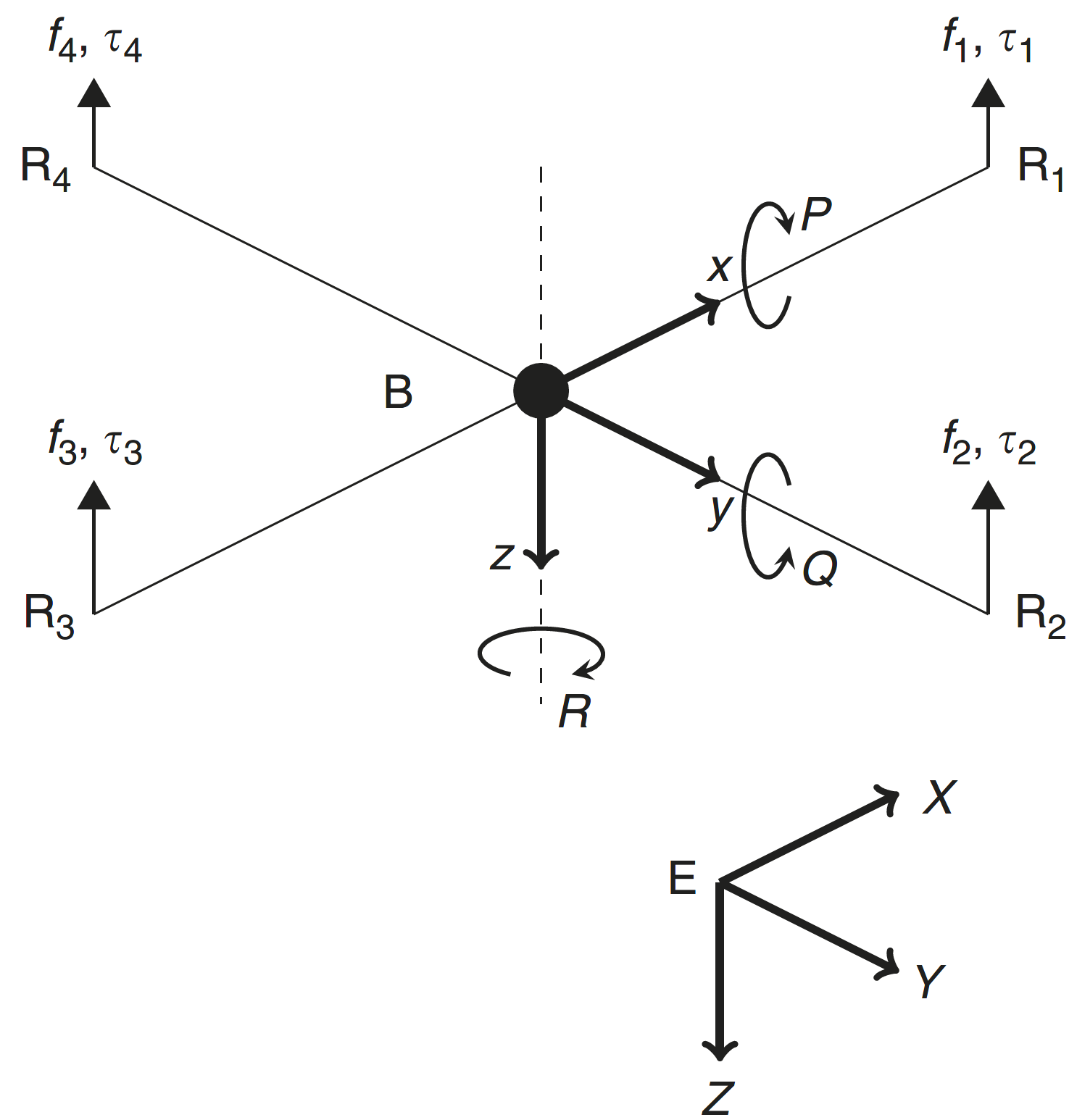Found 46 results
Open Access
Review
02 April 2024Mapping the (in)Effective Enforcement of EU Environmental Law in Greece: Lessons from the EU and Domestic Courts
The effective implementation and enforcement of EU environmental law at national level constitutes a thorny issue with both legal and practical aspects. Greece is among the EU Member States which has historically faced difficulties in complying with the EU environmental acquis due to the poor functioning of the Greek administration, the limited manpower, expertise and resources (especially during the recent period of the economic crisis) for the competent authorities, the lack of political will, the low awareness of environmental problems. In this context, this paper aspires to unpack these enforcement challenges at the national level based on the case law of both the Greek Council of State and the Court of Justice of the European Union. Considering that waste management, nature protection, and water and air quality sectors are recognized as areas with the most significant deficiencies in implementation at the domestic level, the analysis will focus on these four key sectors. To this end, by reviewing the relevant EU and Greek jurisprudence, this paper aspires to identify the disparities between the formal requirements and the practical application of EU environmental regulations in Greece in light of the national political, economic, social, and cultural dynamics.

Open Access
Case Report
26 February 2024‘Greening’ an Oil Exporting Country: A Hydrogen and Helium Closed-cycle Gas Turbines Case Study
Holistic decarbonisation requires collaborative efforts and substantial investments across diverse economic sectors. This study introduces an innovative national approach, blending technological insights and philosophical considerations to shape decarbonization policies and practices. Libya is the case study. The proposed framework involves submersible power stations with continuous-duty helium closed-cycle gas turbines to supply electricity demand and hydrogen. Extensive national data is analysed, incorporating factors such as sectoral consumption, sea temperature, and port locations. An analytical model is developed, providing a valuable foundation for realistic decarbonization scenarios. The model aims to maintain the benefits of current energy consumption, assuming a 2% growth rate, while assessing changes in a fully green economy. The results offer qualitative and quantitative insights on hydrogen use and an expected rise in electricity demand. Two scenarios are examined: self-sufficiency and replacing oil exports with hydrogen exports. This study provides a quantitative perspective on decarbonization, focusing on a submersible helium closed cycle gas turbine concept resistant to natural disasters and proliferation. Findings underscore the substantial changes and investments needed for this transition, identifying primary needs of 27 GW or 129 GW for self-sufficiency and exports, respectively. This foundational analysis marks the start of research, investment, and political agendas toward decarbonization.

Open Access
Review
21 February 2024One-pot Multi-enzyme Cascade Synthesis of Bifunctional Compounds from Vegetable Oils
Green and efficient biocatalytic technology has become a complementary or alternative means of organic synthesis. Chemicals with two functional groups, such as α,ω-dicarboxylic acids, ω-amino fatty acids and ω-hydroxy fatty acids, are widely used in the synthesis of polymers such as polyesters and polyamides. In recent years, the production of biodegradable materials using renewable and abundant vegetable oils as green raw materials has attracted increasing attention, receiving an additional impetus from synthetic biology. This paper presents the recent research progress in the production of bifunctional chemicals with medium chain lengths of C8–C12 using multi-enzyme cascades. Recent studies have developed multilevel optimization strategies to improve the efficiency, economics, and sustainability of multi-enzyme cascades. Cofactor regeneration strategies were developed to avoid large additions of expensive coenzymes. Protein engineering strategies were applied to improve enzyme stability and catalytic performance. In addition, blocking the β-oxidation pathway, improving the efficiency of substrate transport across membranes and increasing cellular robustness are effective optimization strategies for whole-cell catalytic systems. In addition, we discuss the development prospects of producing high value-added fine chemicals from vegetable oils using one-pot multi-enzyme reaction systems.

Open Access
Article
29 January 2024The “Global Change Data Base” GCDB Facilitates a Transition to Clean Energy and Sustainability
This article presents the opportunities for constructing a global data base picturing underlying trends that drive global climate change. Energy-related CO2 emissions currently represent the key impact on climate change and thus become here the object of deep, long-term and historiographic analysis. In order to embrace all involved domains of technology, energy economy, fuel shares, economic efficacity, economic structure and population, a “Global Change Data Base” (GCDB) is suggested, based on earlier worldwide accepted data repositories. Such a GCDB works through regressions and statistical analysis of time series of data (on extensive magnitudes such as energy demand, population or Gross Domestic Product, GDP) as well as generation of derived data such as quotients of the former, yielding intensive magnitudes that describe systems and their structural properties. Moreover, the GCDB sets out to compute the first and second time derivatives of said magnitudes (and their percentual shares) which indicate new long-term developments already at very early phases. The invitation to participate in this foresight endeavour is extended to all readers. First preliminary GCDB results quantitatively portray the evolutionary structural global dynamics of economic growth, sectoral economic shifts, the shifts within energy carriers in various economic sectors, the ongoing improvements of energy intensity and energy efficiency in many economic sectors, and the structural changes within agricultural production and consumption systems.

Open Access
Book Review
14 December 2023
Open Access
Article
10 October 2023ℒ1 Adaptive Control of Quadrotor UAVs in Case of Inversion of the Torque Direction
This paper presents a method for fault tolerant control of quadrotor UAVs in case of inversion of the torque direction, a situation that might occur due to structural, hardware or software issues. The proposed design is based on multiple-model ℒ1 adaptive control. The controller is composed of a nominal reference model and a set of degraded reference models. The nominal model is that with desired dynamics that are optimal regarding some specific criteria. In a degraded model, the performance criteria are reduced. It is designed to ensure system robustness in the presence of critical failures. The controller is tested in simulations and it is shown that the multiple model ℒ1 adaptive controller stabilizes the system in case of inversion of the control input, while the ℒ1 adaptive controller with a single nominal model fails.
